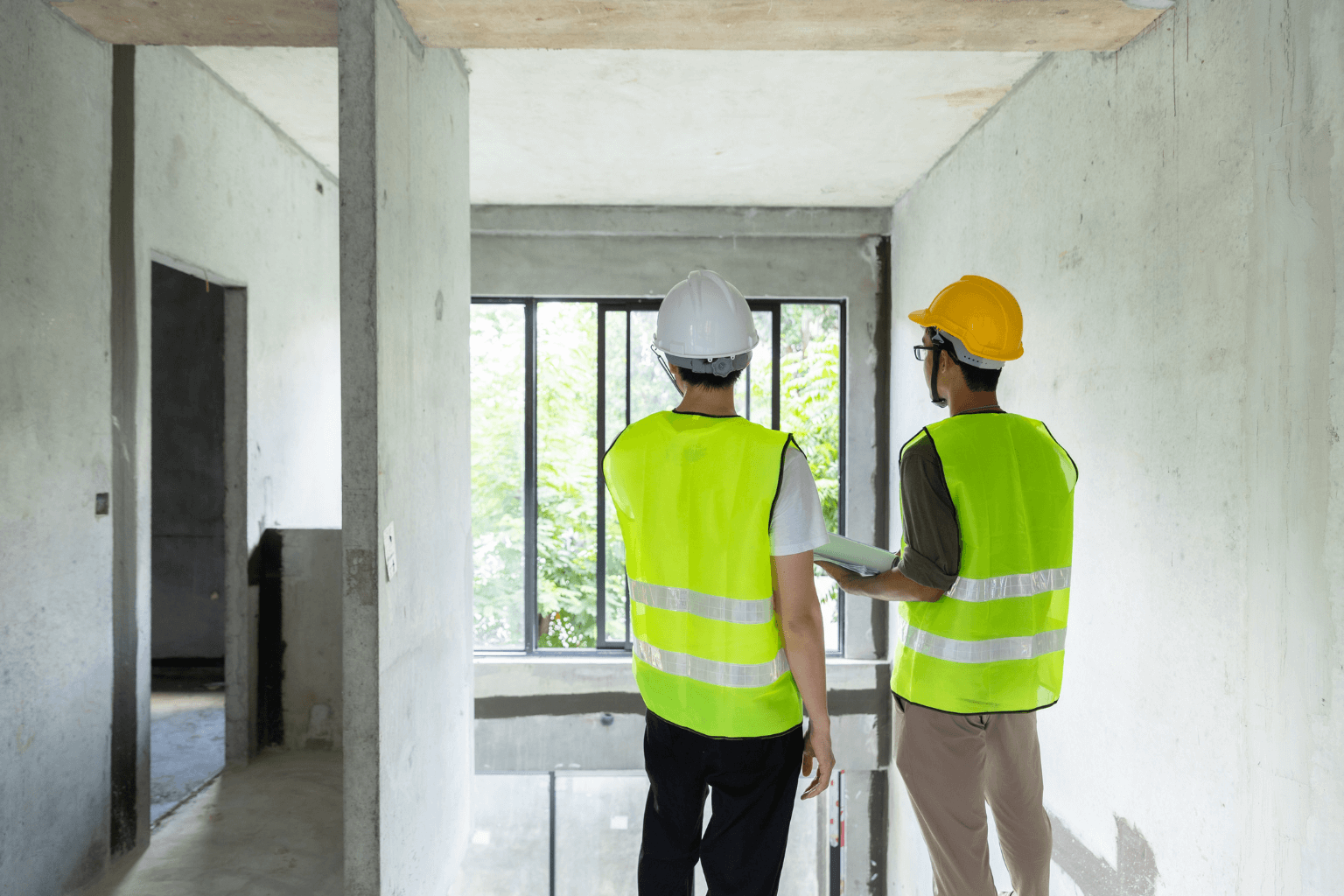What to Expect When Selling a Former Drug House
Yes, you can sell a house that was a drug property, but it takes planning, legal compliance, and transparency. If a home was once used to manufacture or store illegal substances like meth, there are several steps you'll need to follow. From professional inspections to proper cleanup and disclosure, each step helps ensure a smoother sale and builds trust with buyers. In this post, we'll walk through exactly how to sell a house that was a drug property—and how to turn a difficult situation into a successful transaction.
Must-Read Alert: While you're here, check out How to Sell a House That Needs Major Repairs. It's gaining serious traction and offers similar tips for selling homes with complex histories.

Key Takeaways
- Yes, it's legal to sell a house that was a drug property, but laws vary by state.
- Full disclosure of the property's history helps you avoid lawsuits.
- Home inspection and professional decontamination are critical before listing.
- Highlighting repairs and safety upgrades improves marketability.
- Transparent marketing builds buyer confidence.
Why Selling a House That Was a Drug Property Requires Special Attention
Selling a house with a drug-related past is not the same as a standard home sale. Properties used for meth labs or drug activity can leave behind toxic residue, even if the space looks clean. Buyers want assurance that the home is safe, and the law often requires that you disclose any known history.
Using a clear plan and staying informed about state regulations will help you avoid legal trouble and improve the property's appeal. By approaching the process with care and professionalism, you can still make a successful sale.

The Role of Home Inspection and Contamination Testing
A certified inspector can test for drug residue and determine if the home is safe to occupy. This helps reassure buyers that you've done your part in restoring the property. The results can also guide your cleanup strategy.
According to the National Institute on Drug Abuse (NIDA), methamphetamine exposure can have serious health effects, which is why professional testing and cleanup are essential when selling a house that was a drug property.
Decontamination and Repairs
After inspection, it's time for decontamination. This may involve:
- Replacing drywall and carpets
- Deep-cleaning all surfaces
- Removing and sealing ductwork
- Getting professional certification
Hiring a licensed remediation company ensures the job is done right. When you sell a house that was a drug property, providing this documentation shows buyers the home has been made safe.

Legal Disclosure Requirements When Selling a Drug Property
Know Your State Laws
Some states require full disclosure if a property was used as a meth lab or had other criminal activity. For example, California Health & Safety Code §11366.5 requires sellers to report this information to buyers.
Suppose you're also dealing with a shared property due to a breakup or legal split. In that case, it's worth reviewing Selling a House After Divorce Agreement in California. It offers valuable guidance on navigating ownership issues, decision-making, and legal agreements that may also be applicable when a home has a complicated history.
Why Disclosure Is Important
Failing to disclose known history can lead to lawsuits or contract cancellations. Even if your state doesn't mandate disclosure, being upfront with buyers is the ethical choice—and often leads to faster sales.
Keep written records of:
- Inspection results
- Cleaning and repairs
- Communication with buyers
Also, suppose you've received a notice about your property being unsafe or condemned. In that case, you'll want to be informed about your rights. This YouTube video explains what actions you can take and how to protect yourself legally.
Transparency protects you and builds buyer trust.
Insurance and Liability Tips for Drug-Related Properties
If you're planning to sell a house that was a drug property, don't overlook insurance.
Coverage Challenges
Not all insurers will cover homes with a drug-related past. Those that do may charge higher premiums or require extra inspections. Be prepared to shop around.
Protecting Yourself Legally
Before listing, make sure:
- The property is thoroughly cleaned and documented
- You carry liability coverage for any lingering risks
- Buyers are fully informed in writing
These steps reduce your legal risk and make the property more attractive to cautious buyers.

Marketing a House That Was a Drug Property
Focus on the Positives
Buyers may be wary at first, but with the right approach, you can win them over. Focus your marketing on:
- Renovations and updates
- Clean inspection reports
- Energy-efficient upgrades
- Desirable location or school district
If your property is situated in a quiet or desirable area, be sure to emphasize this in your listing. For example, sellers looking to list in smaller towns like Sunol, CA, can take advantage of the area's peaceful setting and strong community vibe to help shift buyer focus away from the property's past.
Be Transparent and Reassuring
It's okay to mention the property's past, as long as you also show how far it has come. Use language like:
- "Fully remediated"
- "Certified clean"
- "Professionally restored"
Share documents proving the property is safe. This builds credibility.

Final Thoughts
Can you sell a house that was previously a drug property? Yes—with the right actions and a transparent approach. A clean, updated home backed by professional inspection and legal compliance can still attract serious buyers.
Whether it was once a meth lab or had other drug-related issues, your property can have a future. With smart strategies and legal protection, you'll be on your way to closing the deal and starting fresh.





